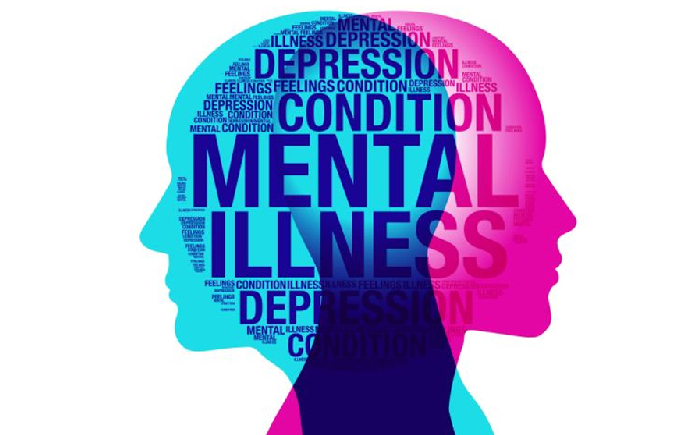
Mental health is an essential aspect of overall well-being that affects how we think, feel, and act. It influences our ability to handle stress, relate to others, and make decisions. Mental health challenges, such as anxiety, depression, and stress, are common experiences that many people face at different points in their lives. However, despite its significance, mental health often remains a taboo subject, shrouded in stigma that prevents individuals from seeking the help they need. It’s important to understand that mental health is just as crucial as physical health and deserves the same attention and care.
Breaking the stigma surrounding mental health is the first step in promoting understanding and encouraging people to seek support. For years, society has perpetuated the idea that struggling with mental health is a sign of weakness or something to be ashamed of. This harmful narrative leads many individuals to hide their feelings or avoid seeking help. By educating ourselves and others about mental health, we can challenge these outdated beliefs and create an environment where people feel empowered to speak openly about their struggles and seek the support they deserve.
Understanding mental health begins with recognizing that it affects everyone, regardless of age, background, or status. Mental health issues are not a reflection of one’s character or capabilities. They are complex conditions that can be influenced by genetics, life experiences, environment, and even biological factors. Just as someone might need medical care for a physical illness, mental health challenges require professional care and attention. By normalizing the experience of mental health issues, we can create a more compassionate and inclusive society.
Seeking support for mental health challenges is an important step toward recovery, and it comes in many forms. Therapy and counseling are often key components of treatment, providing individuals with a safe space to explore their thoughts and feelings. In addition to professional help, support groups, friends, and family play a vital role in mental health recovery. Having a network of understanding individuals can make a significant difference in someone’s ability to cope and heal. Reaching out for help, whether it's through a mental health professional or a trusted person in your life, is not a sign of weakness but a powerful act of self-care and courage.
It’s also crucial to recognize that mental health support is not one-size-fits-all. What works for one person may not work for another, and finding the right form of support is a personal journey. Some may benefit from therapy or medication, while others may find comfort in lifestyle changes, mindfulness practices, or alternative therapies. The important thing is to be open to exploring different options and finding what makes you feel better. Everyone deserves access to mental health care that meets their unique needs.
In conclusion, understanding mental health is key to breaking the stigma and encouraging individuals to seek the support they need. Mental health challenges are real and affect millions of people worldwide, but they do not define an individual’s worth. By educating ourselves, supporting each other, and fostering an open dialogue, we can create a society where mental health is treated with the same level of care and understanding as physical health. It’s time to normalize the conversation, seek help when needed, and promote a healthier, more supportive world for everyone.
1819 N Washington Ave, Dallas, TX 75204, USA
+1 214-768-2503
info@healthynutritiontip.com
© Healthy Nutrition Tip. All Rights Reserved. Design by Healthy Nutrition Tip